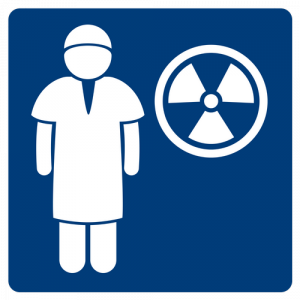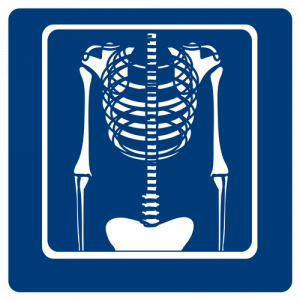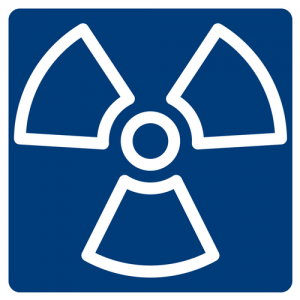Bellevue College offers multiple imaging programs. Each program provides applicable skills designed to prepare the student to enter the fast growing healthcare field. Bellevue College offers Associate degrees to ensure that our students are highly skilled and able to compete successfully in the job market. Explore each associates degree below to discover which best meets your education and career goals!

Diagnostic Ultrasound
Sonography uses sound waves to look at the internal organs of the body. Diagnostic medical sonographers, echocardiographers, and vascular technologists are highly skilled individuals qualified by academic and clinical experience to provide diagnostic imaging services using ultrasound and related diagnostic techniques. Graduates are eligible to take the American Registry of Diagnostic Medical Sonographers’ (ARDMS) National Certification examination.

Neurodiagnostic Technology (NDT)
Neurodiagnostic Technologists are trained professionals who specialize in studying and recording the electrical activity of the brain and nervous system. They use electroencephalograph (EEG) machines, evoked potential (EP), and other high-tech equipment to record measurements of the central nervous system. Click here for more information…
Nuclear Medicine Technology
Nuclear medicine technologists use radioactive materials, administered into the body, to detect and treat various diseases. Bellevue College offers numerous academic options designed to meet the needs of students whether looking to enter into the field through an associates degree, obtain advanced technical skills through advanced certificates, or compete an bachelors degree to become more competitive in the Nuclear Medicine field. This is the only Nuclear Medicine program in Washington State.

Radiation Therapy
Radiation therapy is a common way to treat cancer. As a radiation therapist, you’re a vital member of a team that includes physicians, nurses, physicists and other professional support personnel. You’re responsible for administration of the radiation treatments to patients and may assist in treatment simulation, computerized planning and quality assurance procedures.

Radiologic Technology
Radiologic technologists, or radiographers, are key members of the healthcare team who use sophisticated equipment to produce radiographic images, or x-rays, of the human body. There are also opportunities to work in other specialized medical positions as a mammographer, MRI or CT technologist, or to take x-rays in emergency, surgery, or orthopedic settings With additional education and experience, you may work as a department lead or supervisor. Radiologic technologists are certified by the American Registry of Radiologic Technologists (ARRT).
Last Updated February 5, 2024

